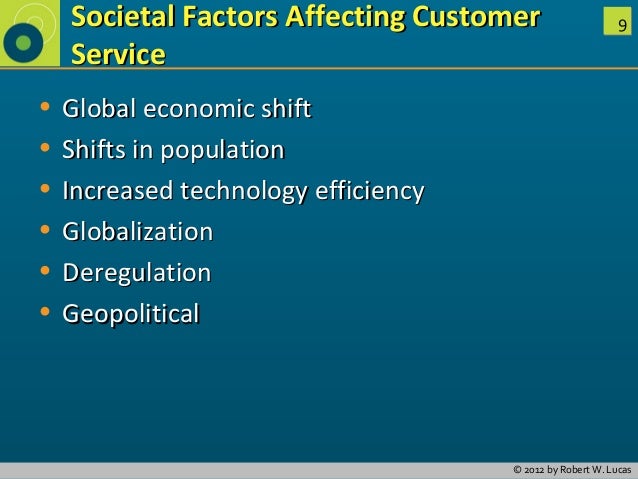Being able to seek advice on patient care is invaluable but I worry about how to keep sensitive information confidential.
It’s Thursday night, and as I gear myself up for yet another round of night shifts a message flashes across my phone screen – it’s a group of colleagues on WhatsApp. They’re discussing an anonymised foetal cardiac tracing, recorded during the course of a birth, and sharing thoughts on the interpretation and appropriate management. I’m amazed and grateful for these kinds of learning opportunities and they’re a testament to just how far technology has developed over the last 10 years. The ability to share and discuss a patient’s clinical case helps doctors to seek advice at crucial moments. The opportunities for learning are endless.
But so is the potential for pitfalls, as the recent virtual shutdown of many parts of the NHS in May following the widespread cyber-attack has shown.
WhatsApp was also in the news following its alleged role in the Westminster terror attack, but my worries are quite the opposite of home secretary Amber Rudd’s. While she’s concerned about cracking WhatsApp wide open, I’m worried about how we can keep our conversations and, more pertinently, patient information closed and confidential.
The use of WhatsApp is now ubiquitous in NHS hospitals. A recent study of 2,107 doctors across five hospital sites found that 98.9% own a smartphone, and just over a third use web-based messaging apps to send clinical information. This is hardly surprising given that the other options available to us are hospital pagers and fax machines: laborious technologies that are neither quick nor convenient. In fact, pagers are now so archaic that one of two companies running them, Vodafone, recently announced it was pulling their obsolete plug.
Instant messaging is a more efficient way for us to communicate, but we need a system that doesn’t put patient confidentiality on the line.
Last year I decided to investigate this further and conducted a study with a colleague into the use of WhatsApp by doctors, later written up in the BMJ. We found that use of these apps breaks down traditional hierarchies and allows doctors to communicate more freely with their immediate clinical team. From the most junior doctor to the most senior (though in practice often excluding the consultant), these groups allow all of us to work together more effectively, and enable shyer or less-experienced team members to seek help when they need it. They inspire camaraderie.
Advertisement
The use of WhatsApp in emergency situations is growing too. Although I wasn’t personally involved, WhatsApp was almost literally a lifesaver during the emergency response to the Croydon tram crash in November 2016, as it allowed doctors at the scene to communicate with colleagues at the nearby hospital about what patient injuries to expect.
However, despite these benefits, official advice from NHS England is very clear: “Whatever the other merits of WhatsApp it should never be used for the sending of information in the professional healthcare environment.” Most doctors are careful not to include more than one patient identifier in messages, using just initials, for example, or a bed number. But in practice this is not always the case, and I’ve heard several reports of messages containing full names, along with personal medical information.
If a member of staff forgets to anonymise the information they send, they are putting themselves and their patients’ data at risk. From simple requests to confirm an inpatient’s treatment status at a hospital to more complex situations involving do not resuscitate orders, information can, and does, slip. Doctors are human, under more pressure than ever, and in the heat of the moment when expedient, appropriate treatment is at the forefront of their minds they may easily forget that they are not using compliant communication methods.
Forgetting to anonymise patient images such as scans can land a doctor in deeper water still. Sending patient imaging on a service like WhatsApp without the patient’s express, written consent could not only put sensitive patient information at risk, but could result in disciplinary measures with the General Medical Council.
At the core of all of this is information governance and how apps like WhatsApp fail to comply with NHS regulations. The concern is not high-tech hackers. In fact, the app’s end-to-end encryption has been causing a stir because of its impenetrability. But as a doctor using WhatsApp, all you have to do is leave your phone unlocked in the pub, press the wrong button, or forget it in the canteen and you could compromise your patients’ security.
WhatsApp doesn’t require a separate password, so an unlocked phone, left unattended is an easy target for a motivated intruder. The proximity of social and work-related conversations within the app can also be problematic and it’s not uncommon for messages to accidentally reach an unintended recipient.
Doctors will continue to use whatever method of communication is most efficient and useful in practice. Doctors need a system that replicates the functionality of WhatsApp while complying with NHS information governance regulations – adaptable smartphone technology that can support the evolving requirements of clinical practice in the years to come.
Dr Georgina Gould is a junior doctor and is on the development and advisory board for medCrowd.
https://www.theguardian.com/healthcare-network/views-from-the-nhs-frontline/2017/jun/05/should-doctors-use-whatsapp-to-bypass-archaic-nhs-tech
Suscribirse a:
Comentarios de la entrada (Atom)
-
With more than 50 percent of financial services companies working on a chatbot project, mobile banking leaders should be following the lates...
-
Being able to seek advice on patient care is invaluable but I worry about how to keep sensitive information confidential. It’s Thursday ni...

1 comentario:
Excelente Blog!
Publicar un comentario